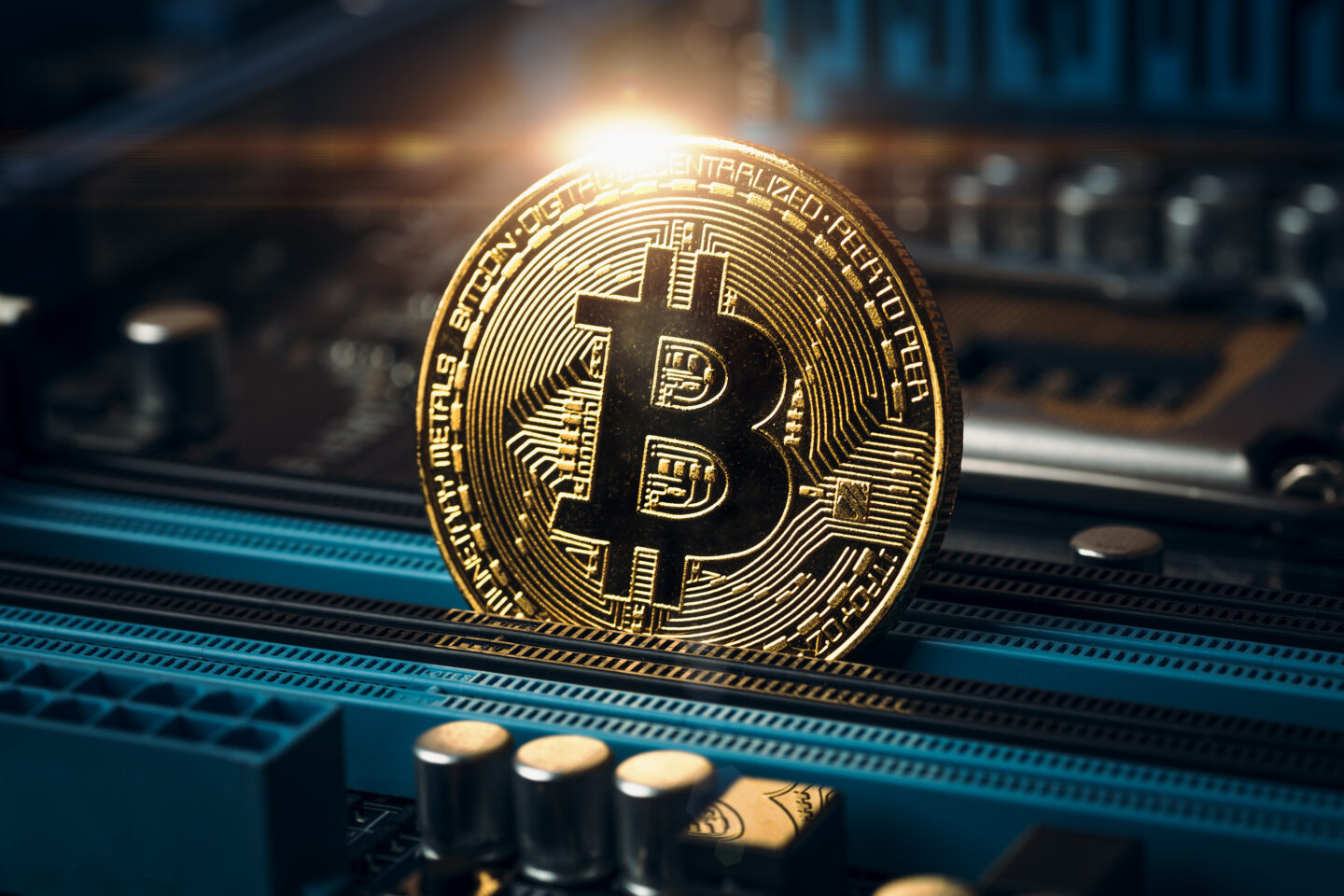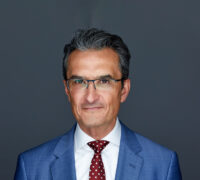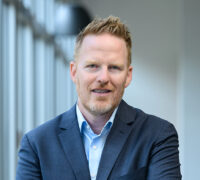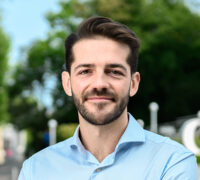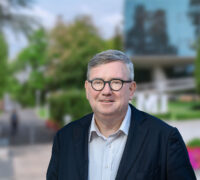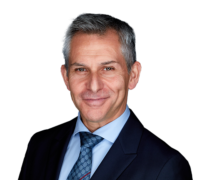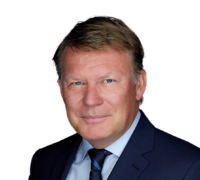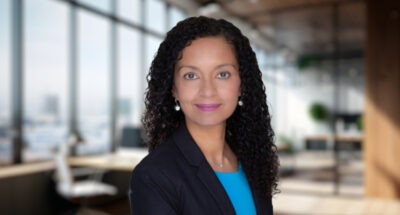YES. By the end of 2024, Microsoft will have double the market cap of Google. Apple will likewise shine this year, whereas fellow digital giants Meta, Google, and Tesla will all struggle. Microsoft’s Azure server infrastructure is going to benefit from increased storage, application, and computing requirements, and it has a first-mover advantage via CoPilot and its partnership with OpenAI. I foresee it leveraging CoPilot to further dominate the automation and collaboration space. Apple has an obvious advantage in that it controls the full B2C stack – hardware (smartphones, tablets, laptops, desktop computers),
operating system (Apple OS), application marketplace (AppStore), apps, payments, and consumer data. This vertical integration puts it in a great position to create value through GenAI, and I expect a product release announcement in Q1 that leverages its powerful platform position.

Audio available



